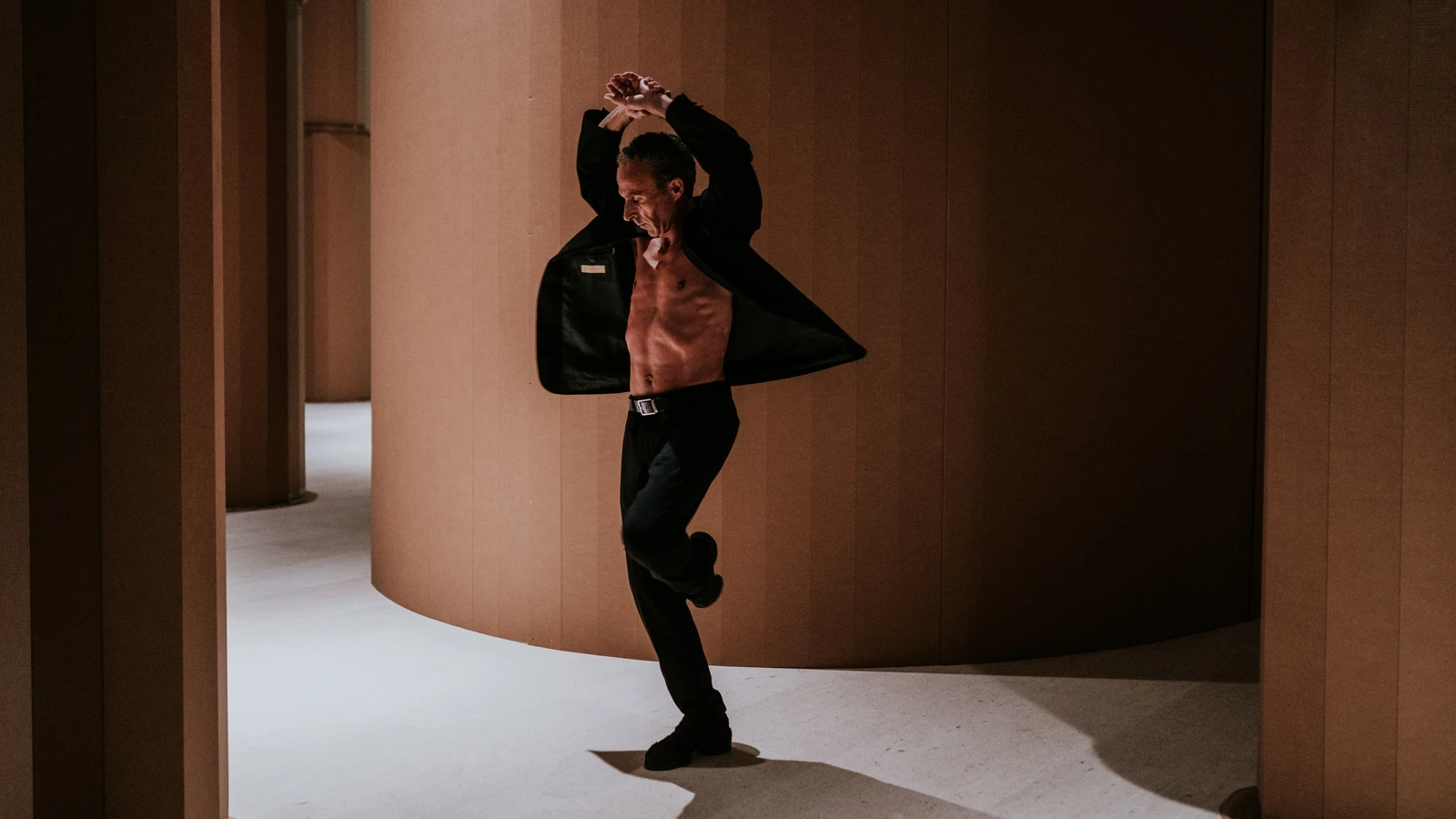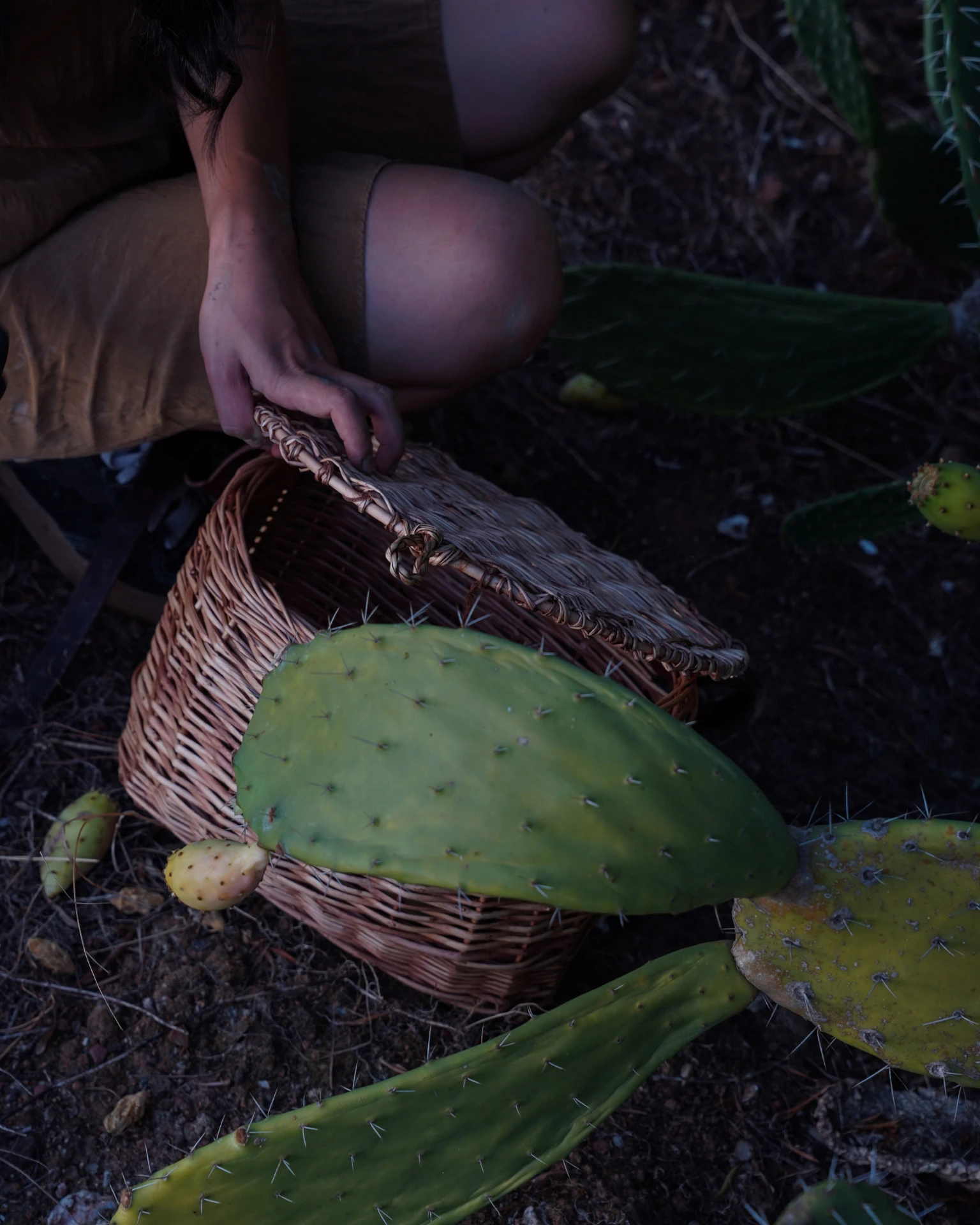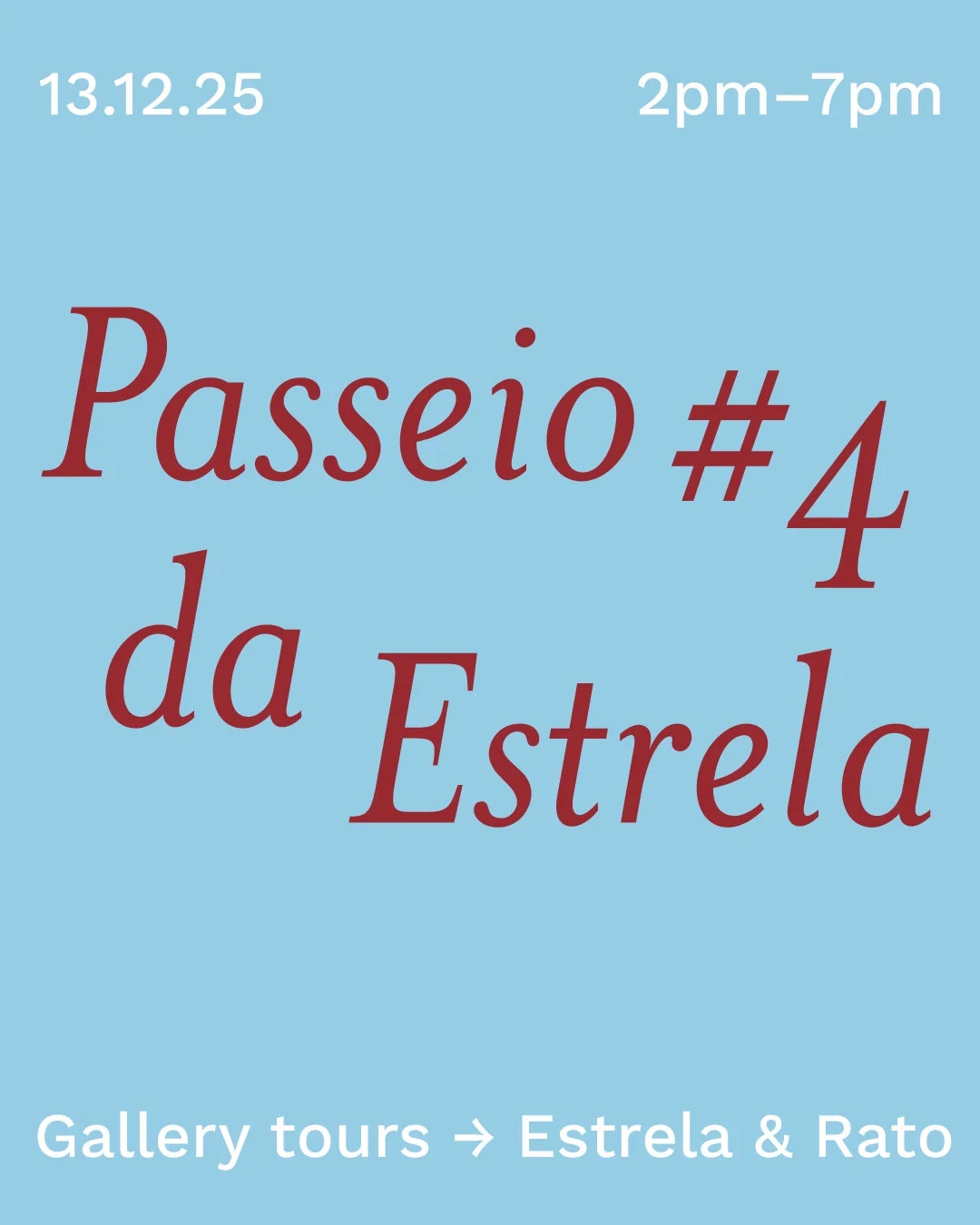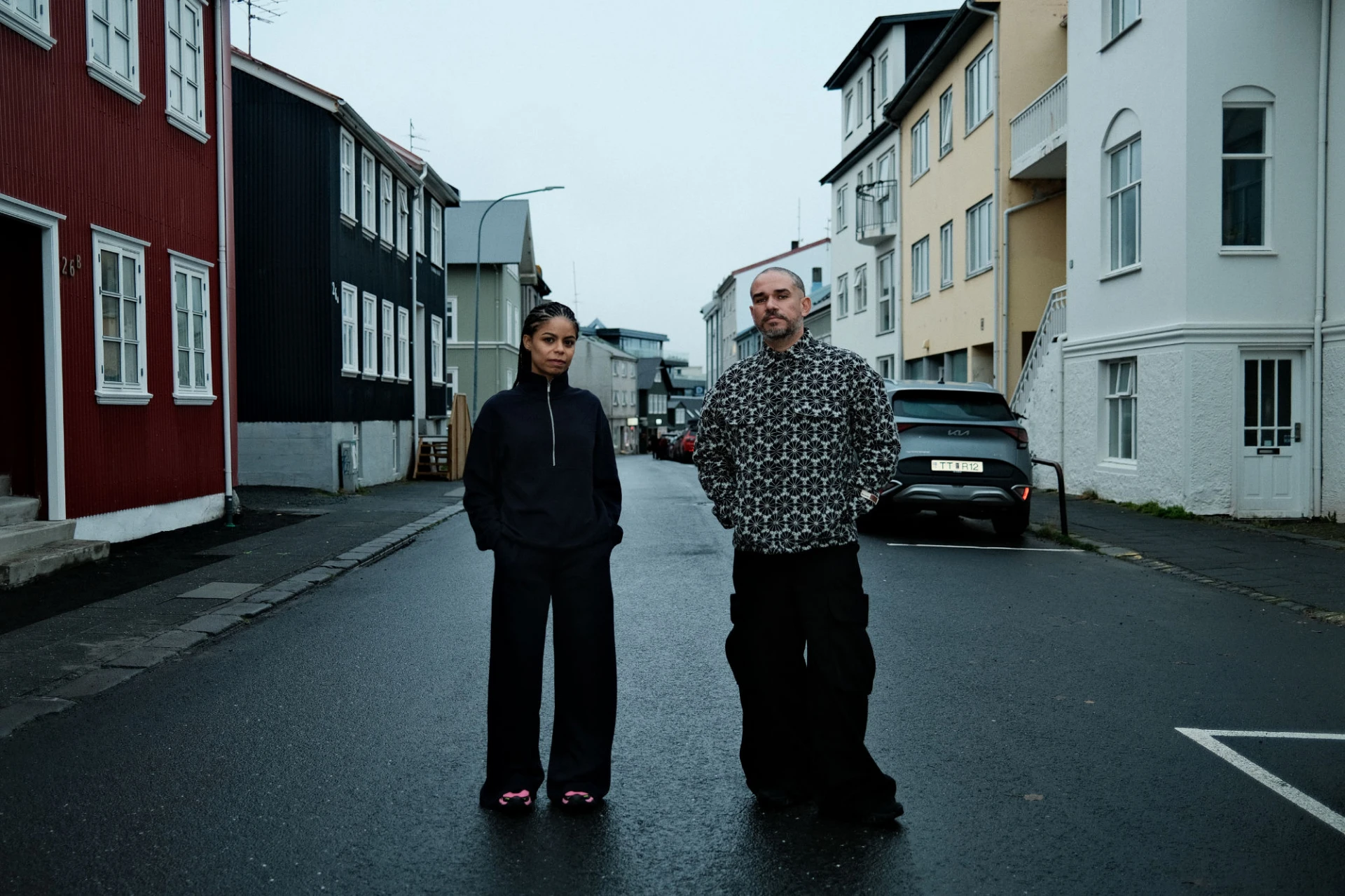agenda
BoCA 2025 kicked off yesterday in Lisbon and Madrid
The 5th edition of BoCA - Biennial of Contemporary Arts, running until 26 October, proposes a new Iberian cultural axis, bringing together more than 30 cultural institutions in Lisbon and Madrid — theatres, museums, cultural centres, cinemas and monuments.
Conceived under the title Camino Irreal (Unreal Path), curated by John Romão, BoCA 2025 revives not only the term “Camino Real” — which refers to a network of royal roads that, especially from the 16th century onwards, were built to consolidate the Spanish monarchy and expand the overseas empire — but also inaugurates a new Iberian journey, which challenges geographical, cultural and imaginary boundaries.
‘Within this imaginary of displacement — which is also linked to the history of Spanish colonisation — and since we have been working with post-colonial themes and deviant politics, I did the exercise of inverting the “real” to the “unreal” and understanding what resonated within that mutation,’ explains the curator in an interview with UMBIGO. Camino Irreal is, thus, a proposal that starts from the idea of crossing over to propose other possible worlds. ‘We found it interesting to think that the unreal embraces, through artistic creation, a dimension of imagination and resistance. We are not looking for answers, but for alternatives that allow us to understand the present and build our future,’ he adds.
The works and projects that will be presented, making their national and international debut, call for speculative futures and gestures of symbolic insubordination. In this edition, which aims to reflect the cultural fabric of both countries, ‘fostering contemporary creation in an international context’ and ‘rescuing some relationships between artists from Portugal and Spain that have been suspended in time,’ there are three main axes that underpin the programme: the promotion of collaborations between Portuguese and Spanish artists; the celebration of the very scarce institutional relations between the two capitals; and the inauguration of new artistic relationships and institutional partnerships.
This edition features several projects created in pairs, such as Uma ficção na dobra do mapa (A fiction in the fold of the map), a collaboration between choreographers and dancers Elena Córdoba and Francisco Camacho — which revisits an artistic residency developed in 2015 at the Citemor Festival —; the concert-performance El cante rasgueado, by Niño de Elche and Pedro G. Romero, the result of a period of artistic research in the Iberian border region, which explores the sound and popular manifestations that coexist in border territories; and the show Os Rapazes da Praia Adoro, by João Gabriel and Alberto Cortés, which imagines the encounter of two male bodies on a beach — a kind of space-time hole, a queer, intimate and fictional paradise.
The institutional relationship between the Cinemateca Portuguesa and the Filmoteca Española takes shape through the Malamor / Tainted Love cycle, curated by João Pedro Rodrigues and João Rui Guerra da Mata, which proposes to think of cinema as an ‘affective, political and unclassifiable territory’. The cycle, which runs from September to October, also includes two new creations: the world premiere of the short film 13 Alfinetes, commissioned by BoCA, and the film installation Sem Antes Nem Depois, on display at the Sociedade Nacional de Belas Artes.
In the field of interdisciplinary creation, BoCA presents the opera Adilson, directed by Dino D’Santiago, based on the text Serviço Estrangeiro by Rui Catalão and with musical direction by Martim Sousa Tavares. The show, which will be presented at MAC/CCB between 12 and 14 September, questions invisibility, social injustice and the bureaucratic labyrinths of immigration and identity.
In the field of performance installation, Kiluanji Kia Henda presents Coral of Bodies without North, a project about displacement, borders and belonging that includes a theatre show, presented in partnership with the D. Maria II National Theatre, and a large-scale installation that includes specific performance activations, developed in partnership with MAAT.
The Biennial also hosts the project Words and Gestures, which invites Tiago Rodrigues, Patrícia Portela, Angélica Liddell and Rodrigo García to write and direct creations inspired by works from the collection of the Prado Museum in Madrid, activating new readings through performance. The result will be a set of four performances, each lasting approximately 30 minutes, which will constitute a night-time, closed-door tour, in which the public is invited to participate at the Prado Museum.
According to John Romão, this edition is perhaps BoCA's most ambitious yet, both in terms of scale and financial investment. "But the main challenge has been the logistical management between two countries with different institutional operating modes and different calendars. Making this connection was demanding, but also very exciting,‘ he adds. At the same time, he emphasises that ’this is the first time that the Biennial has opened its own space." Located in Santos, Lisbon, the new BoCA space will host a continuous programme during the Biennial, serving above all as a place for meeting, listening and continuous creation.
The BoCA 2025 programme kicked off yesterday at the MNAC and Carpintarias de São Lázaro with the opening of the exhibition Dialecto, in which Colombian artist Felipe Romero Beltrán draws on the poetics of social photography, documentary and performance to question the practices of bureaucratic oppression. More information about the programme can be found here.
ADVERTISING
Previous
agenda
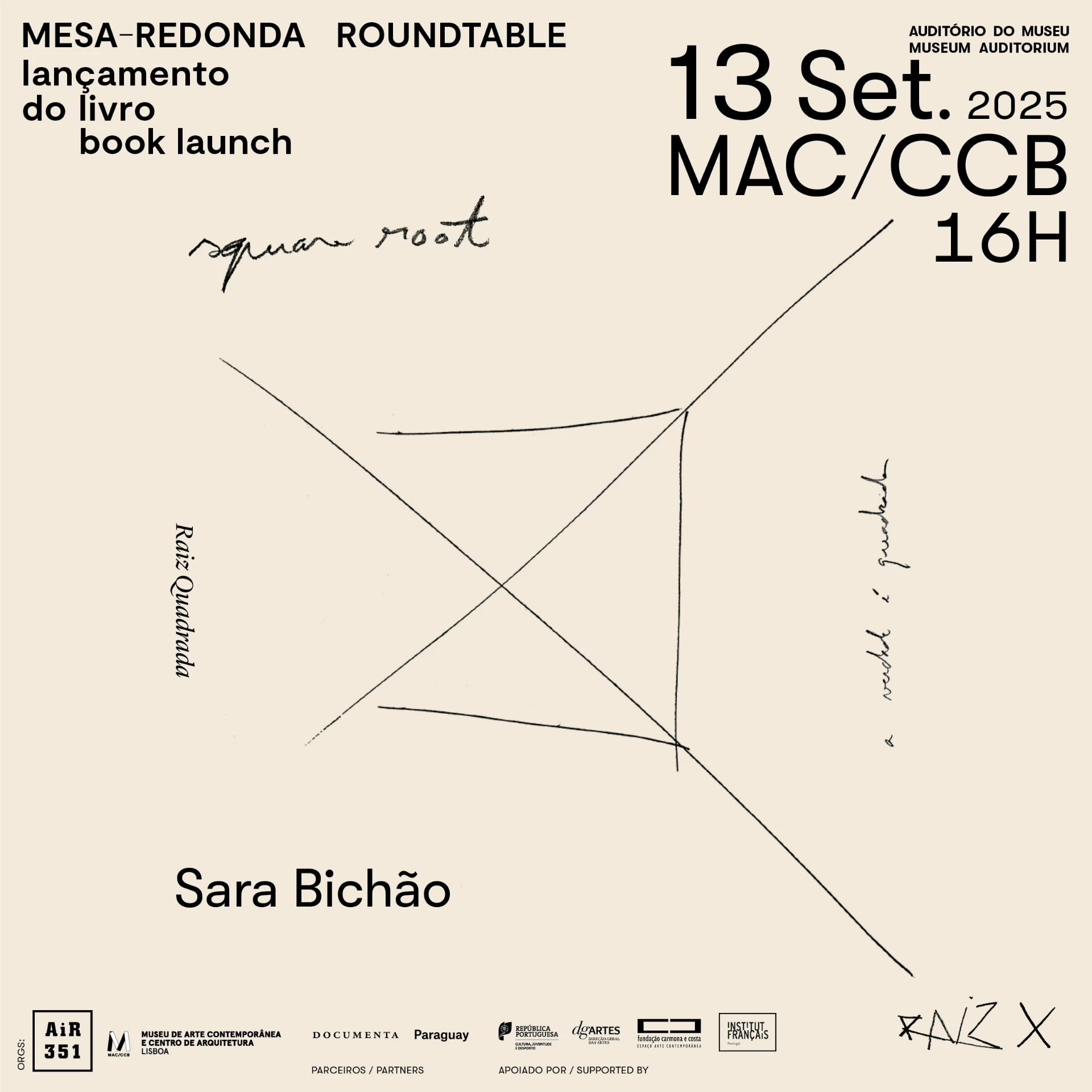
09 Sep 2025
Round table discussion and launch of Sara Bichão's book Square Root
By Umbigo
Next
article
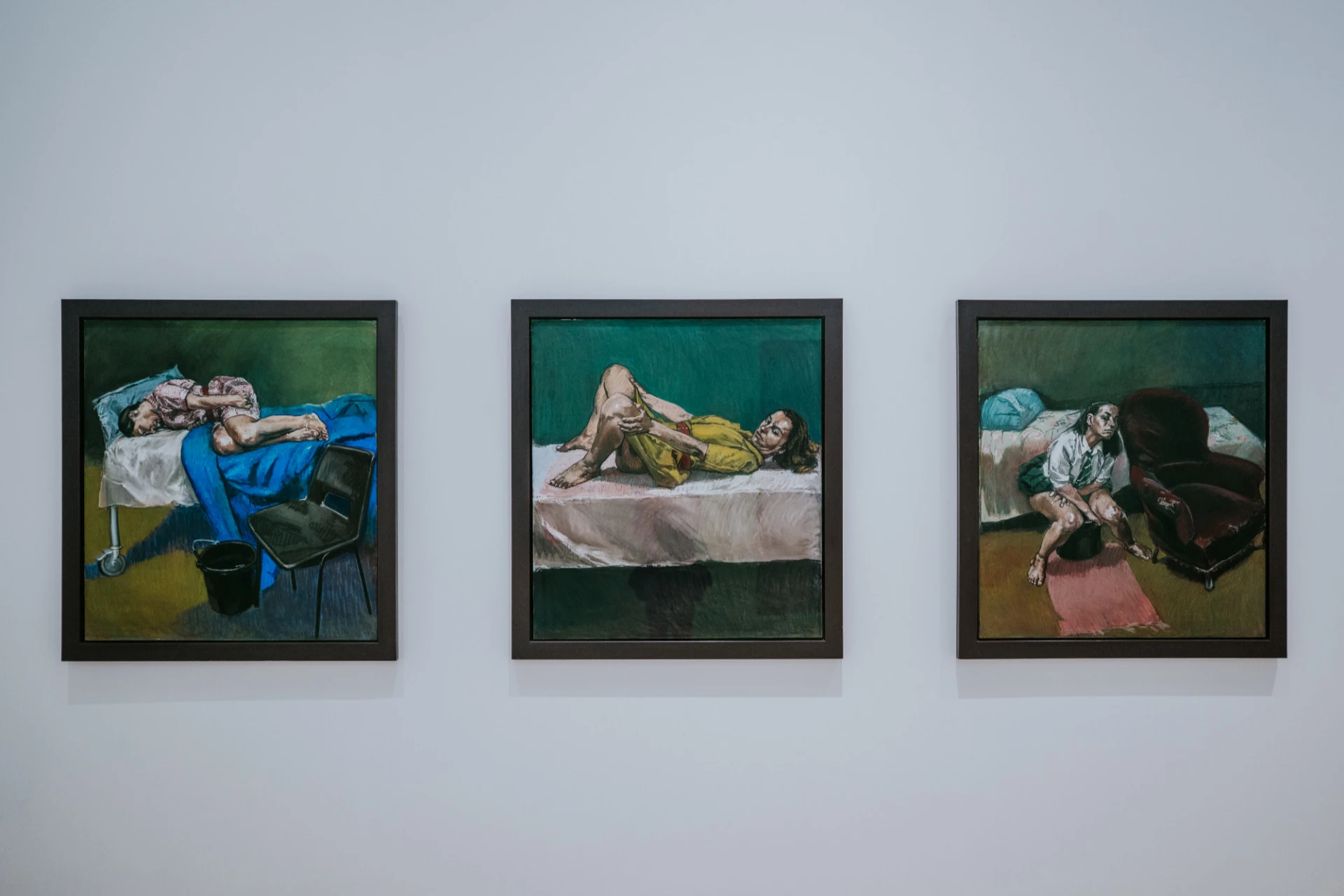
12 Sep 2025
Between Your Teeth: From the guts to mermaids
By Barbara Mastrobuono
Related Posts
